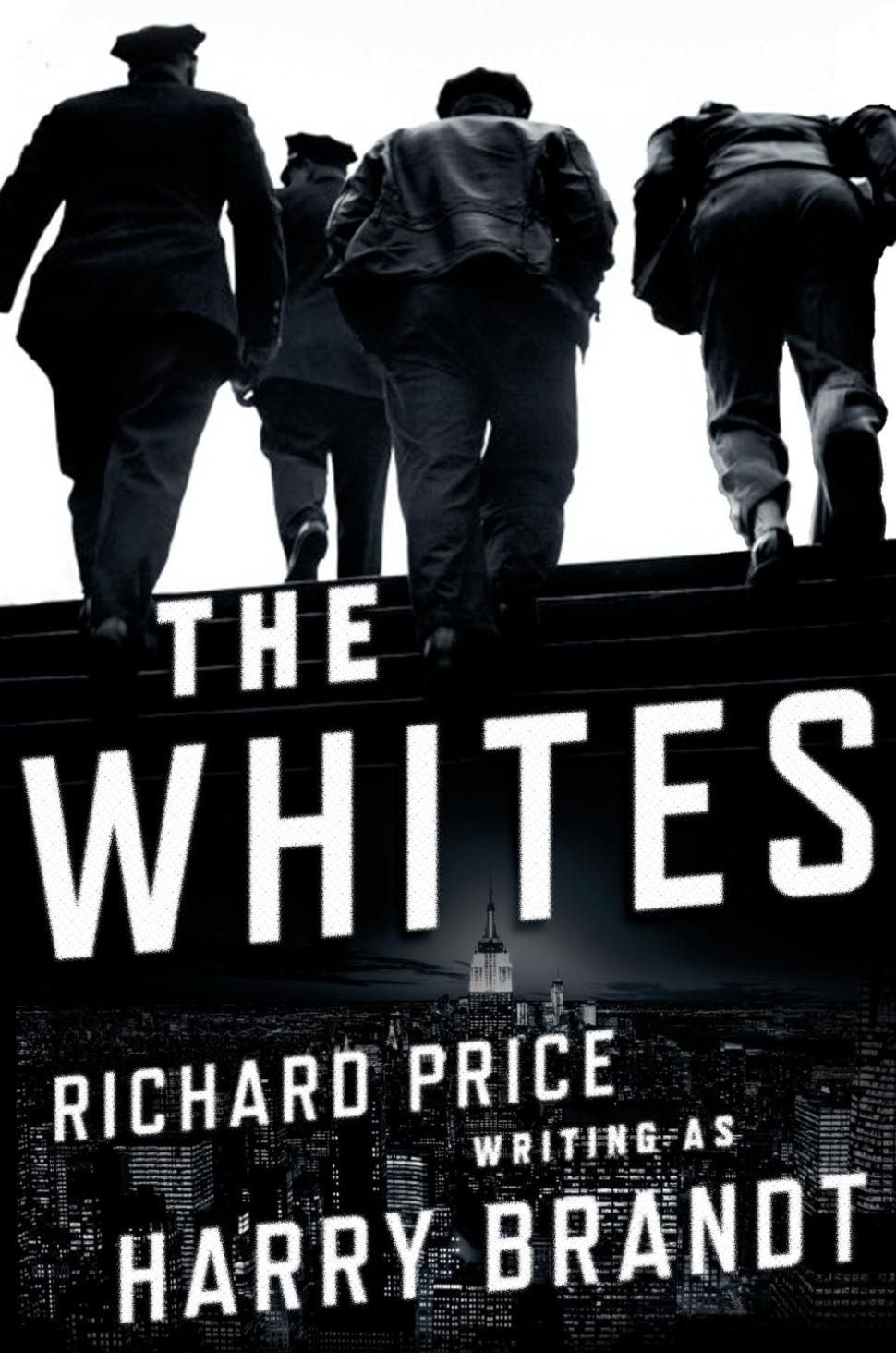
Joyce Carol Oates, You Will Get Yours - A novel of rage and revenge in the N.Y.P.D.
Article paru le 16 février 2015 sur le site du "New Yorker" à propos de The Whites de Harry Brandt (Richard Price).
"As the sonnet was the quintessential form of the Elizabethan poet, packing distilled and dazzling language into its sleek fourteen lines and challenging every virtuoso of the day, so the quintessential form of the contemporary crime writer is the interrogation: two individuals in a room, one of them the suspect and the other the detective. Here we have the essence of drama. We know that the stakes are high: a violent act is at issue. The setting is stark; the language is almost purely dialogue, with the unpredictable swerves of actual life and none of its rambling asides, graced by a swiftness of storytelling in a genre in which exposition, often improbable and sometimes belabored, must be provided somewhere before the final line of the final chapter. (...)
In crime fiction, there is a tacit contract between the author and the reader assuring that what is puzzling at the start will be explained by the end; what is tangled will be untangled, and what is unresolved will be resolved. Though “The Whites” is fully explicated by its final scene, and Billy has identified (if not apprehended) each murderer of each White, it is not, finally, a novel of clearly delineated solutions but a novel of conscience, fraught with ambivalence and ambiguity. The “blue wall of silence” is notorious and indefensible, but the author has provided the human context for its prevailing in the face of periodic civilian attempts at reform. There is no way out for Billy except to live with a flawed conscience, as he must live with his morally compromised colleagues and his psychologically damaged wife. Yet he will take solace where he can, as in the accidental resolution of a crime on Madison Avenue: Billy decides that “it was a reasonably happy ending.”